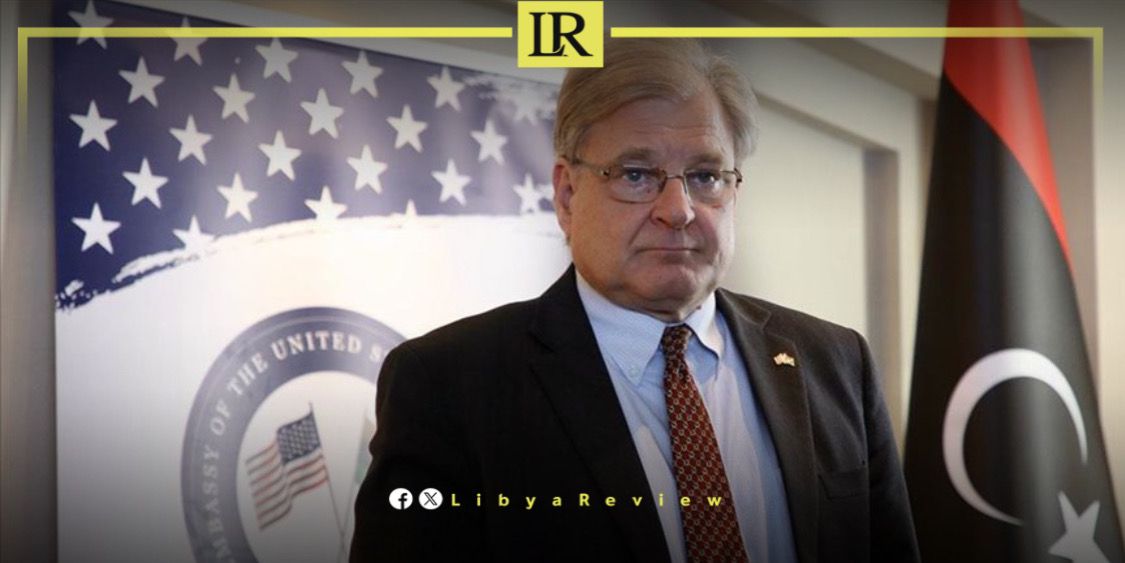On Monday, the US Special Envoy to Libya, Richard Norland, expressed strong support for the High National Elections Commission’s (HNEC) recent announcement that voter registration for municipal council elections in Libya is now underway.
In a statement, Ambassador Norland highlighted the significance of these elections as a crucial step in demonstrating the viability of Libya’s electoral infrastructure.
“Successful municipal elections serve as a vital opportunity to demonstrate the viability of Libya’s electoral infrastructure, a way to engage with the Libyan people on the issues most important to them, and a chance for local communities to elect their local leaders,” stated Norland.
He emphasized that the success of these local elections would be a crucial indicator of Libya’s capacity to eventually hold national elections. Norland encouraged continuous efforts toward achieving this important goal.
Libya has been striving to rebuild its political and social structures since the fall of Muammar Gaddafi’s regime in 2011. The country has faced significant challenges, including political fragmentation, security concerns, and economic instability. These factors have made the organization of elections a complex and arduous task.
The High National Elections Commission (HNEC) is an independent body responsible for overseeing electoral processes in Libya. Its mandate includes the preparation, organization, and supervision of elections. The recent announcement about voter registration for municipal council elections marks a significant milestone in Libya’s ongoing efforts to establish a democratic and representative governance system.
Municipal elections are a foundational element of democratic governance. They provide citizens with the opportunity to elect local leaders who are directly accountable to their communities. These elections are crucial for addressing local issues, improving public services, and fostering civic engagement.
The process begins with the first phase, voter registration, which will last for 15 days until June 23, 2024. It is important to note that voter registration for municipal council elections is entirely new and is based on residency in the municipality where the applicant wishes to vote. Registration applications will only be accepted from citizens residing in the targeted municipalities (Group One) through the voter registration system using SMS or at Registration Request Acceptance Committees.
Following the completion of this phase, the Commission will proceed with the distribution of voter cards to newly registered individuals who have not previously received a card. Voter cards distributed in 2021 remain valid and will be used in the municipal council elections to verify voter identity on election day.
The international community remains hopeful that Libya will continue to make strides towards political stability and democratic governance. Ambassador Norland’s support for the HNEC’s voter registration initiative reflects a broader commitment to helping Libya achieve these critical goals.


